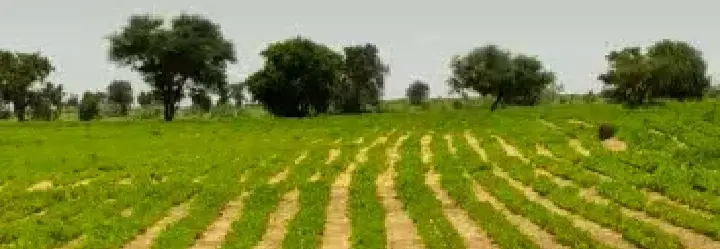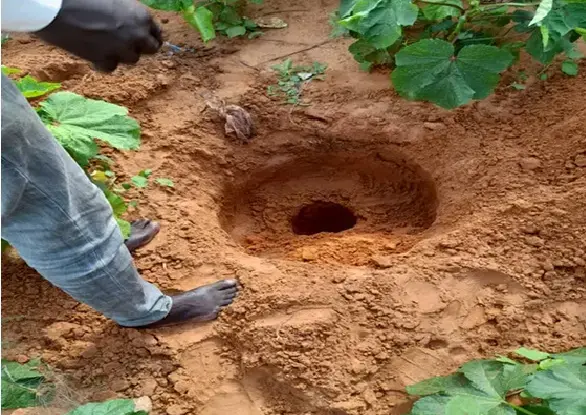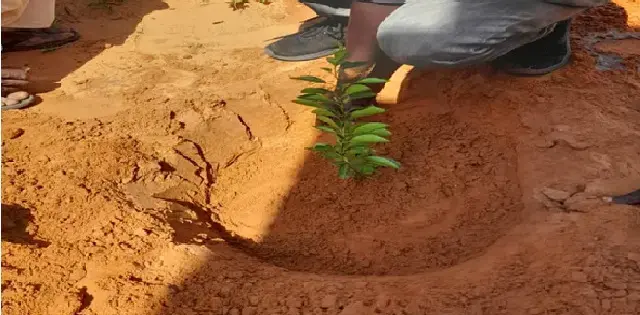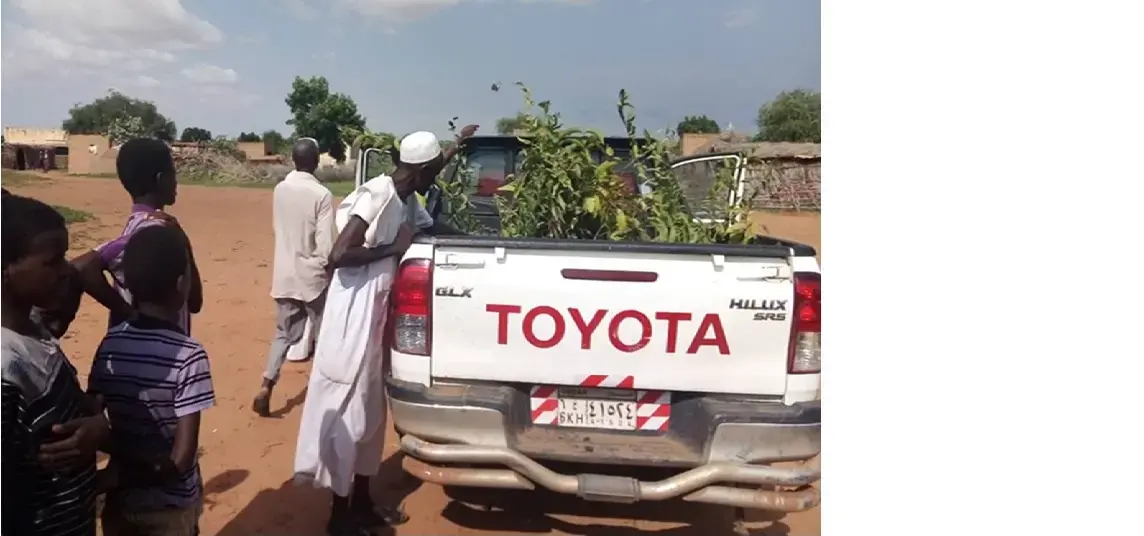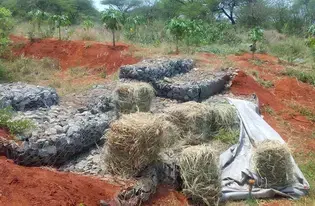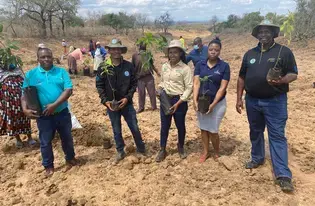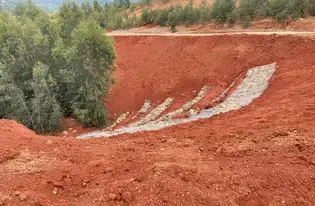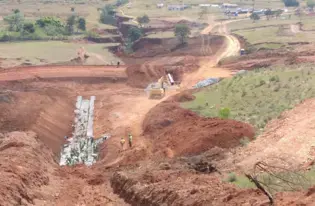To address poverty, energy and food security challenges, and support farmers, Africorp is harnessing the power of farming to supercharge landscape restoration in Sudan.
Land degradation is damaging both urban and rural areas in Sudan. In rural areas, poverty forces dryland farmers and herders to practice unsustainable food production, including cutting down trees for firewood.
And In urban areas, population growth and urbanization put pressure on and degrade the limited available land. The region is also suffering a years-long drought, which is threatening food security and productivity.
Recognising these challenges, Africorp International decided to invest in restoring degraded land and supporting communities across Sudan.
Africorp is a Sudanese company founded in 2002. It exports agricultural, forestry and animal products from Sudan to the world. In 2022, Africorp enrolled in the Land Accelerator program- a program that equips entrepreneurs with knowledge and skills to tackle the issues of land degradation by building economically-viable, sustainable businesses that safeguard our planet and provide livelihoods for millions of people. So far, the company has a range of projects to support the restoration journey through agroforestry. One of these is “Groundnut,” initiated in 2017 to encourage farming and the production of groundnuts in the Kordofan region and all the way to Darfur.
The company works with smallholder farmers to practice restoration through agriculture. The crops provided by Africorp vary based on the region, but the most popular are hibiscus, groundnuts and acacia. The goal is to diversify crop types and ensure sustainable restoration and community transformation.
Africorp’s landscape restoration efforts are uplifting farmers by broadening agriculture in the country, restoring degraded ecosystems, and boosting incomes.
More than 4,000 smallholder farmers are now involved in the project, and more than 70% are women. Through the initiative, farmers plant hibiscus as a fast growing and easy to harvest crop. Africorp provides the farmers with seedlings free of charge to support restoration efforts.
The project also engages the younger generation by raising awareness about sustainable farming and training them on modern agricultural practices. This aspect of the project aims to support young people to take ownership of the ongoing restoration work, learn about agroforestry, fight poverty and sustain themselves.
Africorp has a direct purchase policy for the farmers: First, Africorp groups them together into associations, purchases their organic and fair trade-certified crops, and sells them on the market.
To contribute to community development, Africorp has also installed tanks to the region to help communities access clean water and improve wellbeing. The company takes social development seriously: It has renovated a girls’ school and taught many students about how to restore land..
Ala’eldin Kadouf, senior project officer, says it is essential for the community to participate in restoration projects.
“We value and appreciate our work with the community, especially the farmers. Unlike other areas of Sudan, North Kordofan is lush and green. That’s why we are seeing how we can extend that to other areas. But we need the cooperation of the community and more resources to support them,” he says.
Africorp has so far restored 800 hectares of land. A low-interest loan from TerraFund for AFR100, an initiative of World Resources Institute, One Tree Planted, and Realize Impact that finances Africa's top restoration enterprises and projects, has enabled it begin restoring an additional 150 hectares of land by distributing native acacia seedlings to farmers. By mechanizing a portion of its work, Africorp plans to plant 150,000 trees through June 2023.
The collaboration between Africorp, communities and funders demonstrates that partnerships are essential to achieve landscape restoration and long-term livelihood transformation.
